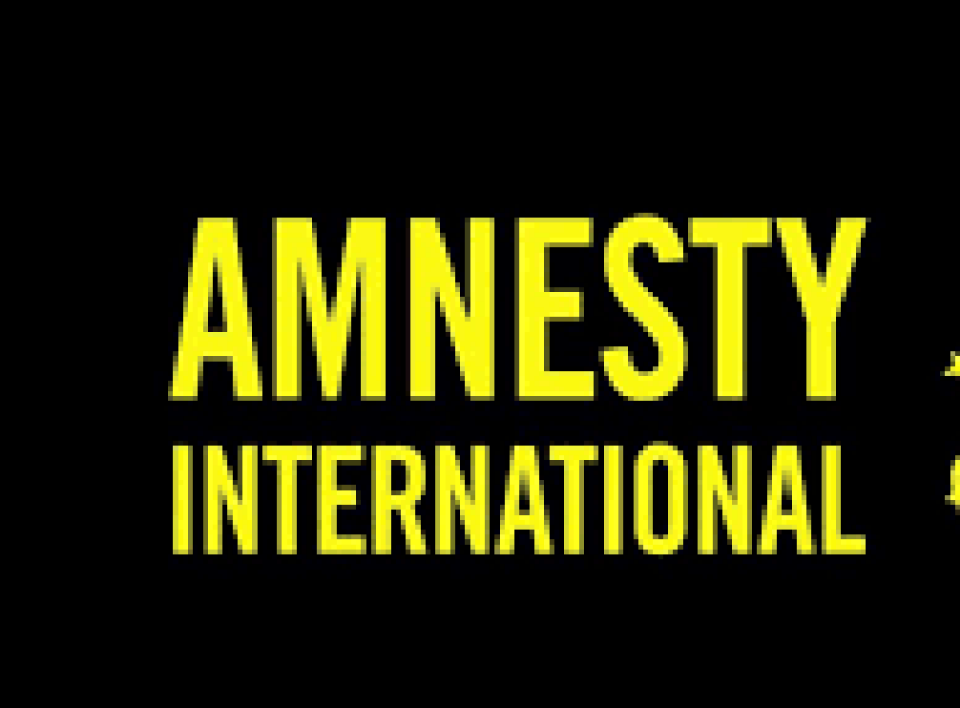Nigerians shouldn’t pay for economic mismanagement — Amnesty International
Amnesty International Nigeria has stated that Nigerians are terrified about how the removal will affect their daily lives.
The Acting Director of the organisation, Isa Sanusi, made this known in a statement.
According to him, the decision of the new administration has left millions of Nigerians concerned about how they would be able to meet the costs of education, food, and healthcare.
He said, “President Bola Tinubu’s decision to remove the fuel subsidy has left millions of Nigerians terrified about the knock-on effects that it will have on their daily lives.
“Many are concerned that they will be unable to meet the costs of education, food, and healthcare. The government is yet to suggest any ways to mitigate the impact of this decision for people on low incomes.”
Sanusi noted that while all countries are required to eventually remove all fossil fuel subsidies to meet their human rights obligations in the context of the climate crisis, they should not do so in a way that undermines the ability of people on low incomes to secure their right to an adequate standard of living.
He said it is important for the removal of subsidy to be accompanied by social cushioning and protection measures.
He argued, “Nigerians should not have to pay the price of decades of political and economic mismanagement of the subsidy scheme.
“The authorities must finally respond to longstanding demands by civil society and parliamentarians to investigate the fuel market chain and hold accountable all those involved in smuggling, hoarding and ‘subsidy scams’ — regardless of rank or status.”
Sanusi stated that the new administration must urgently create measures to protect the rights of people most affected by the removal of the fuel subsidies.
Since President Bola Tinubu announced, during his inaugural speech, that the government wasn’t going to pay for fuel subsidy again, the price of fuel has risen astronomically. Queues have returned to filling stations, with the cost of transportation rising by about 100 per cent.



